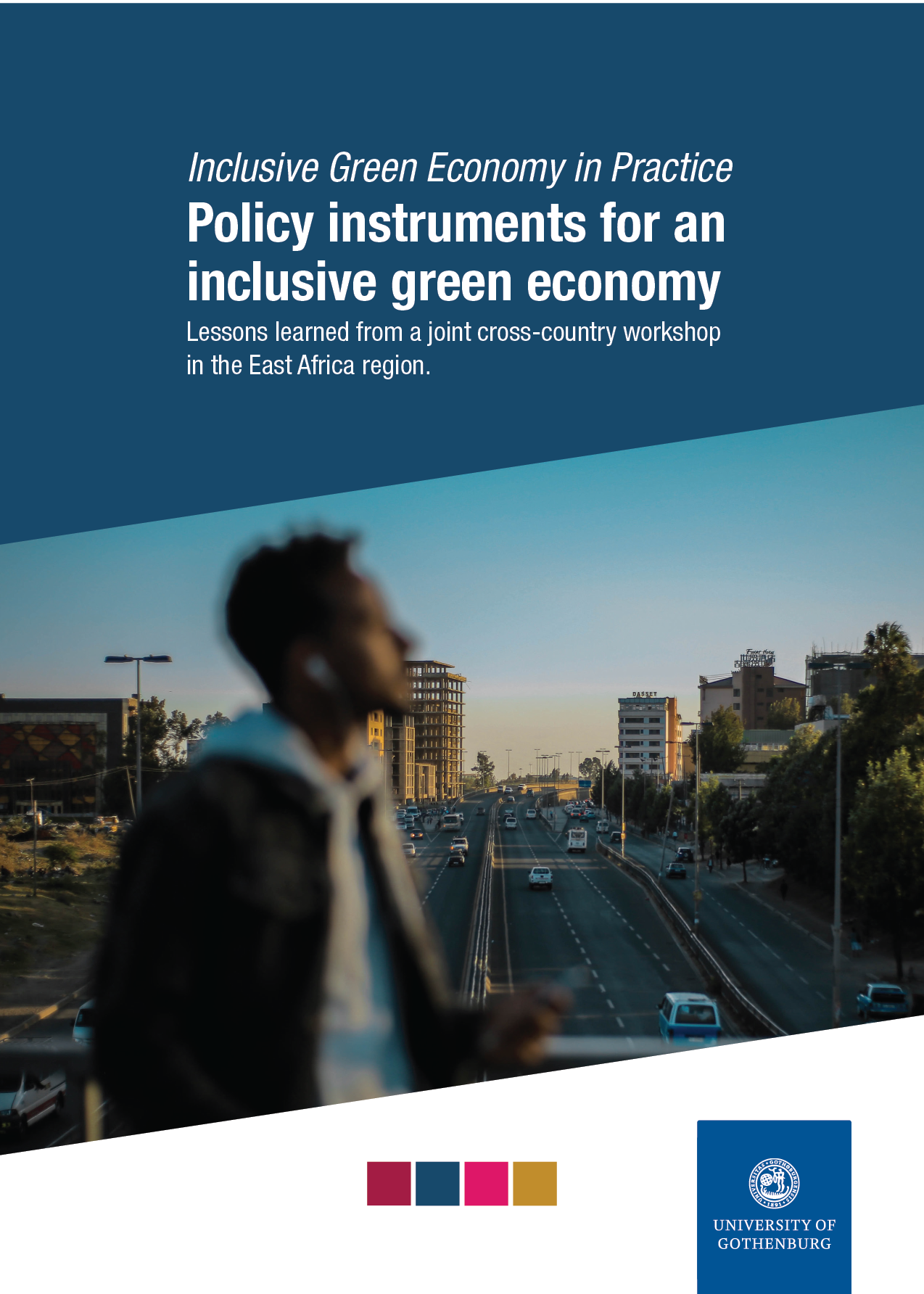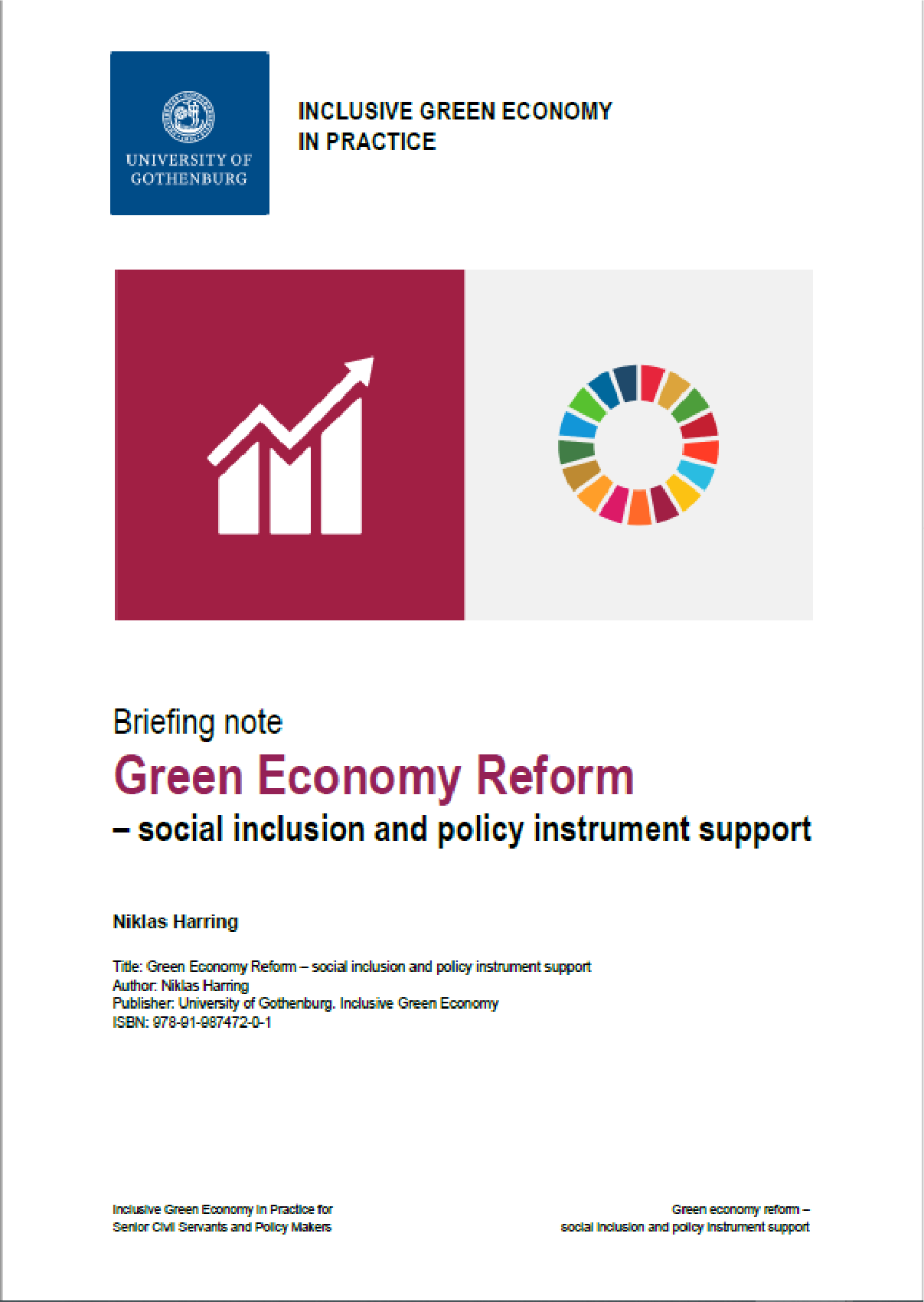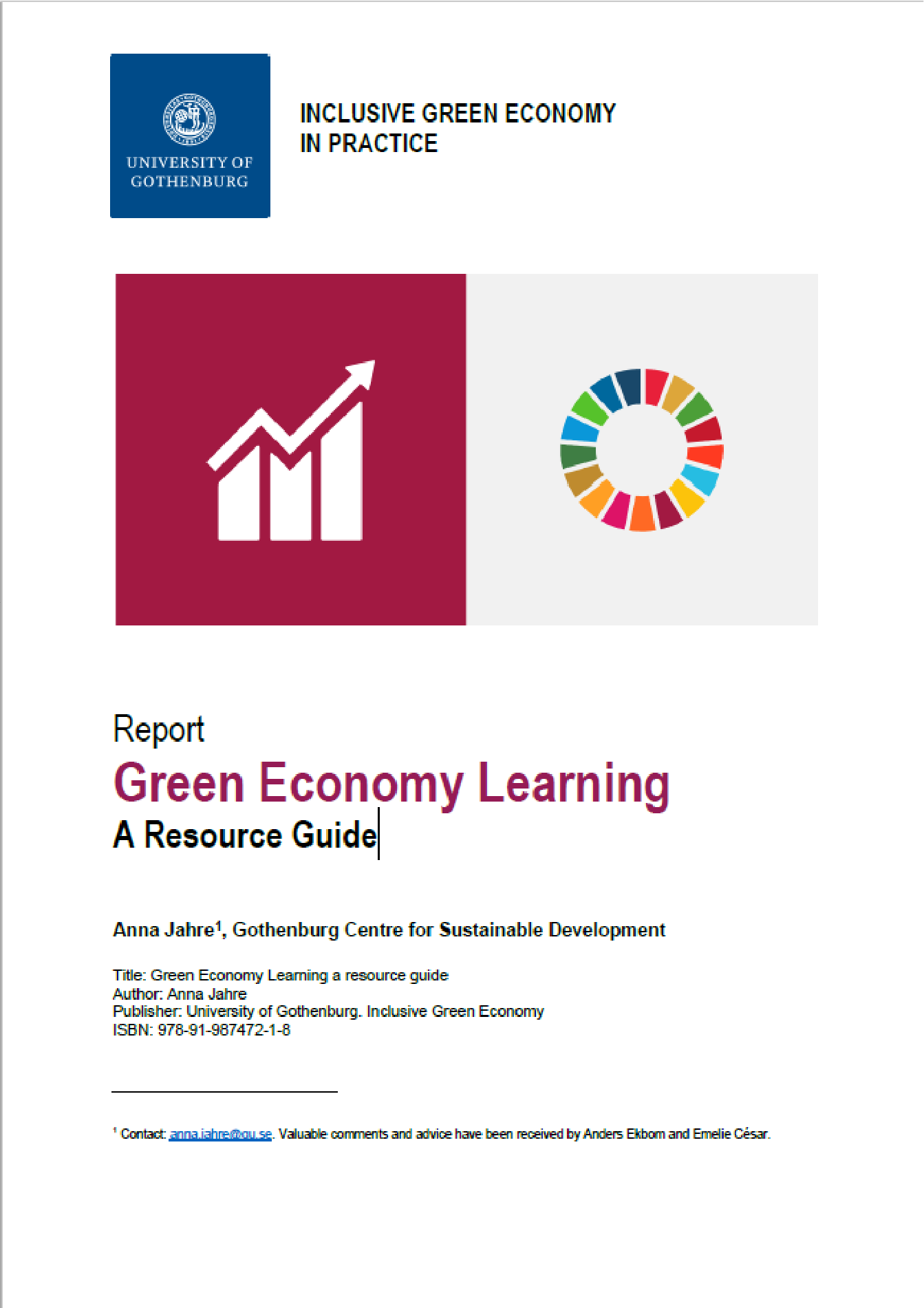
Inclusive Green Economy in Practice
This program strengthens national capacity to create an Inclusive Green Economy (IGE), which is one of the prerequisites for achieving Agenda 2030. The program covers all the themes of Agenda 2030, with particular focus on Sustainable Development Goal 8. Decent working conditions and sustainable economic growth. The program is aimed at officials, primarily economists, in government institutions central for IGE.
What we do
The main objective of this program is to strengthen low-income countries' capacity for transformation to an inclusive green economy (IGE). We achieve this through increased knowledge and application of economic and environmental policy instruments, organizational change, and strengthened national systems for inclusive and sustainable economic development.
Our program participants, IGE fellows, get a greater understanding, knowledge and ability to critically review and analyze current economic policies and conditions, and identify opportunities for transformation towards a greener and more inclusive economy. They will be strengthened in their roles as change agents within their organization.
What is IGE?
An inclusive green economy is an economic development that improves human well-being and social equity, while significantly reducing environmental risks and ecological scarcities. (UNEP 2015).
Ethiopia - IGE Support Team
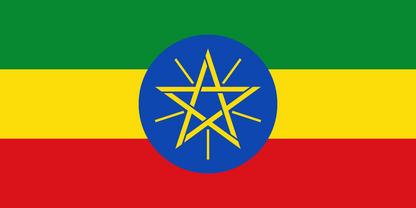
Kenya - IGE Support team

Rwanda - IGE Support team
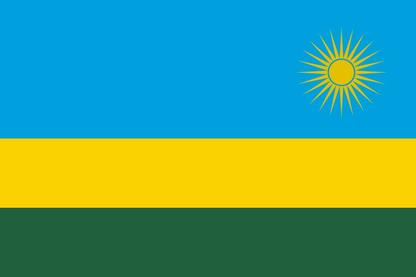
Tanzania - IGE Support team
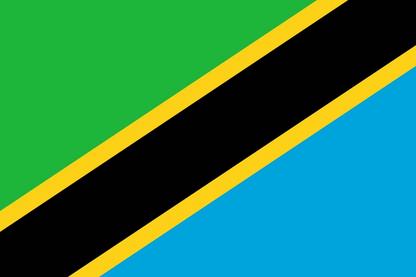
Uganda - IGE Support team

Program Management - University of Gothenburg
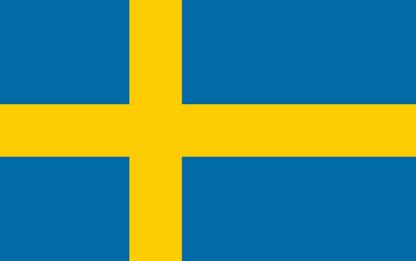
University of Gothenburg
The lead organization for this program is the Environment for Development Initiative (EfD) at the University of Gothenburg,.
Environment for Development Initiative
Environment for Development Initiative (EfD) has promoted academic capacity development in environmental economics during the last 15 years in the Global South. It has built a solid critical mass of green economy researchers and policy advisors that participate in this program. The national partners in the respective countries are EfD's centers in Ethiopia, Kenya, Tanzania, and Uganda, and in Rwanda, the local partner is the Ministry of Economy and Finance (MINECOFIN) in collaboration with EfD South Africa.
Partner Organizations
Other collaborating partner organizations contribute with expertise throughout the program. These are, among others: Policy Studies Institute, Ethiopia; Makerere University, Uganda; Ministry of Finance and Economic Planning (MINECOFIN); Rwanda; University of Nairobi, Kenya; University of Dar es Salaam, Tanzania; World Resources Institute-Africa; African Development Institute (ADI), African Development Bank; Jönköping International Business School, Jönköping University; Swedish Environmental Protection Agency; and Swedish Tax Authority.














